We all learn about inflammation, whether it’s in your doctor’s clinic or in biology class. It’s essentially the body’s natural fighting response when invaders threaten the healthy state of our bodies. While inflammation is a good thing when we’re sick, it can do some harm when it’s present otherwise.
With the body and the brain closely intertwined, a highly inflamed body can also lead to neuronal changes in the brain. This can ultimately lead to development of many illnesses such as arthritis, cancer, Alzheimer’s and many mental illnesses. Thankfully, some foods can decrease inflammation and help return it to its natural, peaceful state.
1. Olive oil
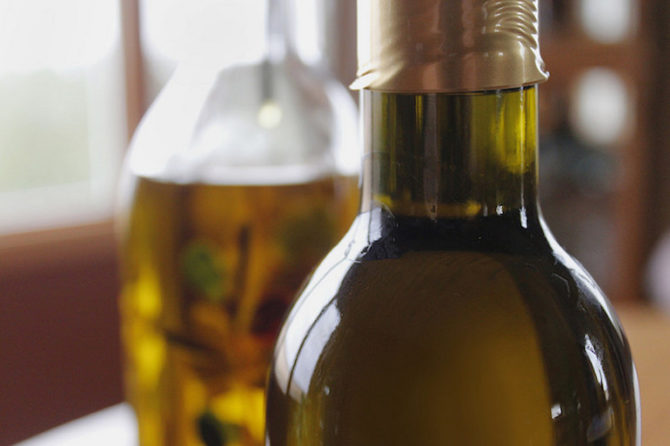
Photo by Jessica Payne
A plant-based fat, olive oil is one of the reasons that makes a Mediterranean diet one of the healthiest ones. The anti-infammatory aspect comes from the two substances: oleocanthal and quercetin. The oleocanthal compound has similar effects to that of anti-inflammatory pain medication while quercetin is an antioxidant that’s efficient at lowering inflammation.
2. Dark Leafy Greens
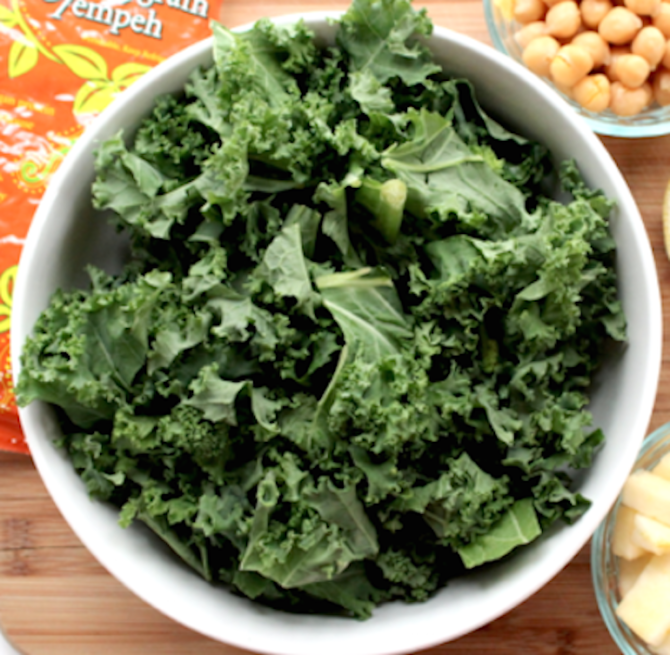
Photo by Katherine Baker
The health benefits of dark leafy greens like kale, spinach and broccoli are endless. These veggies are high in vitamin E, which have been shown to lower levels of cytokines and C-reactive proteins. Cytokines are molecules important in promoting inflammation while liver-produced C-reactive proteins in the blood are molecular indicators of inflammation.
3. Oily Fish
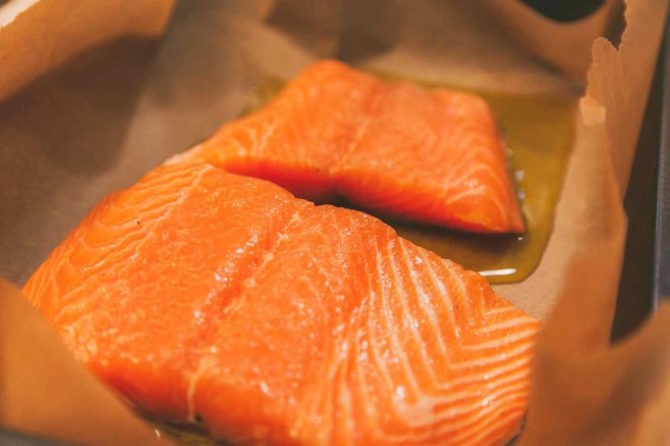
Photo by Yonatan Soler
Fatty fish, when eaten in moderation, can have significant anti-inflammatory power. Studies have show that the omega-3 fatty acids that are rich in fish like salmon and tuna work to lower inflammation by ultimately inhibiting the prostaglandin hormone that normally bolsters inflammation.
4. Tomatoes

Photo by Alia Wilhelm
Savor the red marinara sauce the next time you eat pasta or pizza, because those red tomatoes lower inflammation levels in the body, especially in the lungs. Red tomatoes, especially those that are cooked, are rich in lycopene which is a substance that’s been shown to lower inflammation by reducing cytokine levels.
5. Nuts
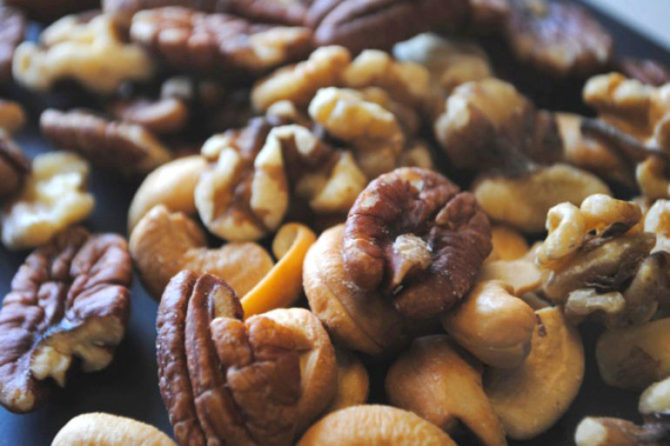
Photo by Bari Blanga
Another ingredient common in a Mediterranean diet, nuts contain nutritional substances such as antioxidants, healthy fats and magnesium, which all help regulate inflammation. Studies show that consuming nuts helps to decrease the risk of developing heart disease, which can be caused by chronic inflammation.
6. Turmeric
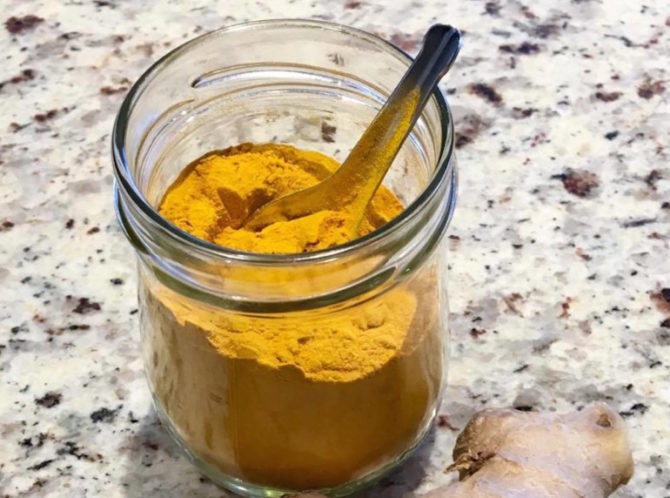
Photo by Aarti Vyas
The spice in the spotlight these days with all its cooking and health benefits, it’s not surprising to find turmeric on this list. While turmeric seems to be packed with nutritional compounds, a particular chemical in this spice, curcumin, represses an enzyme called NF-kappa B that normally promotes inflammation.
7. Garlic
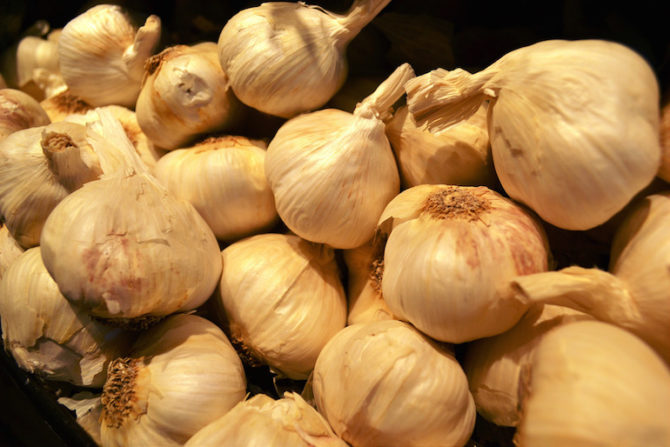
Photo by Anna Loh
In addition to protecting you from vampires, garlic can also protect you from inflammation. Similar to painkillers, garlic has sulfurous compounds that work to decrease cytokines and other chemicals that promote inflammation.
8. Berries
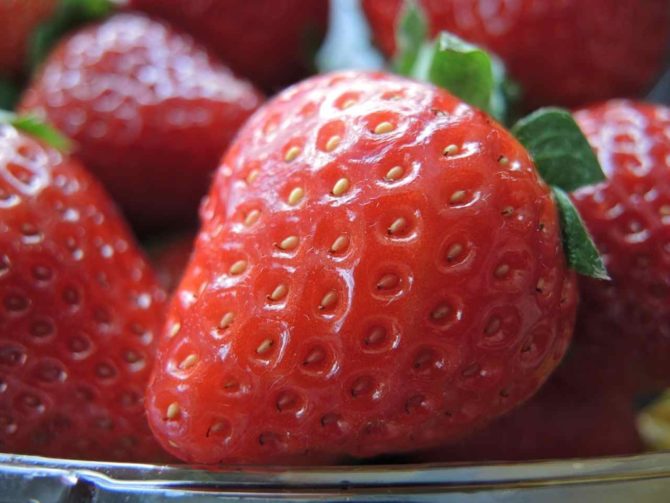
Photo by Morgan Goldberg
All berries are beneficial in fighting inflammation due to the chemical anthocyanin, but different berries specialize in specific ways. For example, blueberries help reduce inflammation in the intestine while raspberries can help reduce the risk of arthritis.
9. Tart Cherries
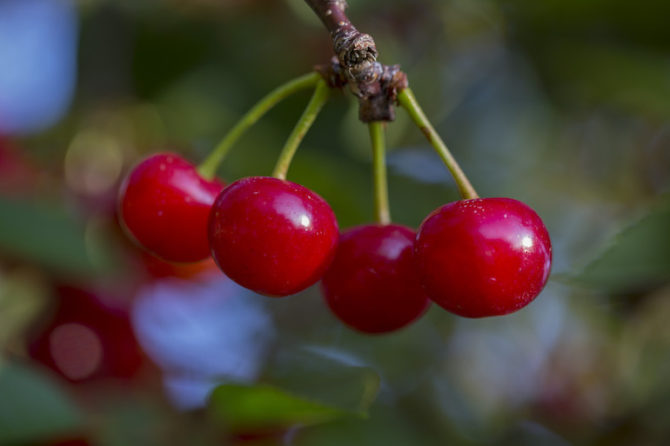
Photo courtesy of kingorchards.com
This might not be what you expected to see on a list of anti-inflammatory foods, but tart cherries beat any other food with its ability to lower inflammation. Athletes consuming tart cherry juice have shown signs of faster recovery by repairing muscle damage and reducing inflammation.
10. Whole Grains
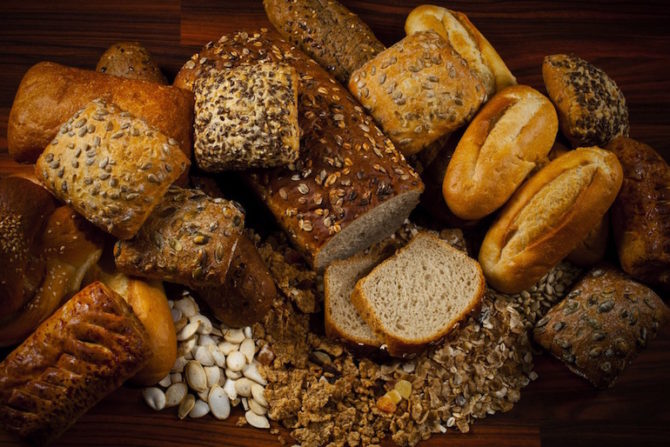
Photo courtesy of nutripromag.com
If you want to lower inflammation, you can start by swapping out white bread for whole grain bread. The fiber that’s packed in whole grain foods helps decrease C-reactive proteins in the blood which are indicators of inflammation.


